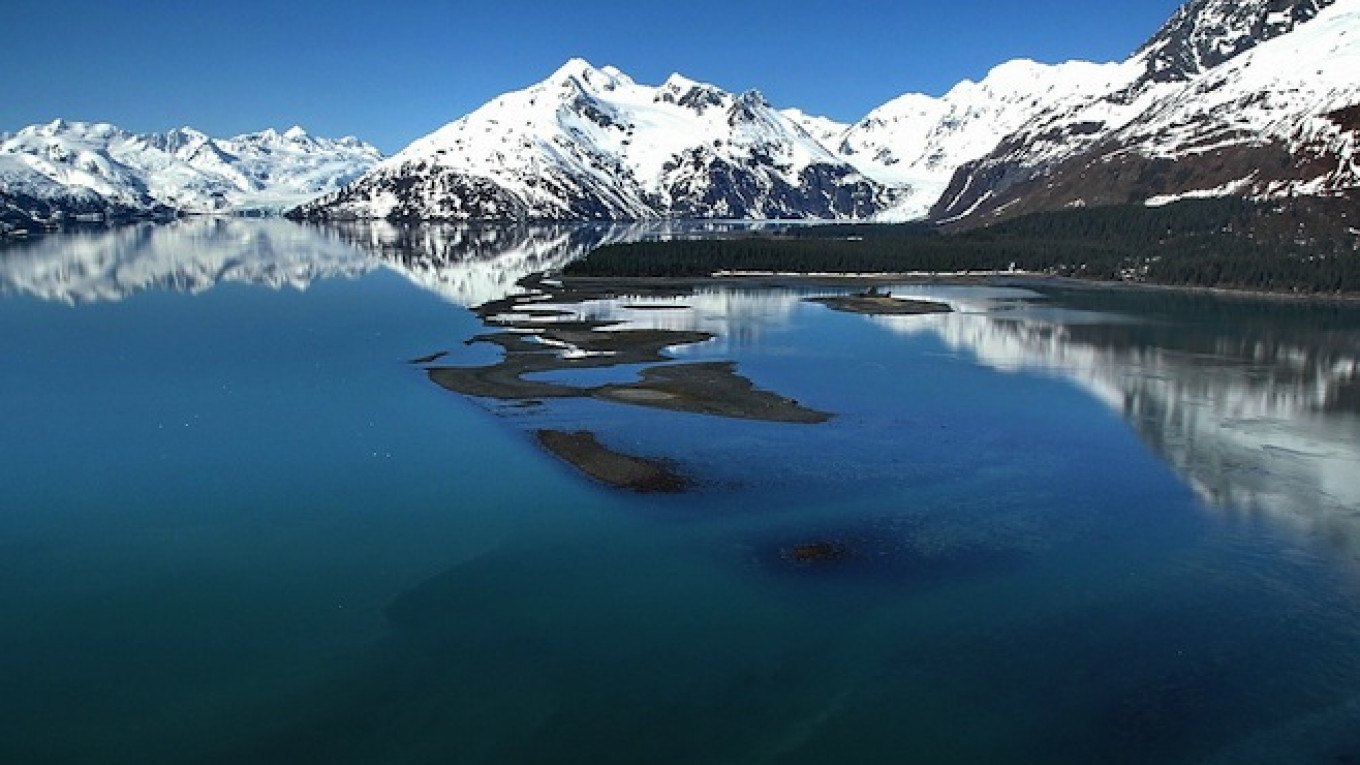As relations between Moscow and Washington scrape lows unparalleled in the post-Cold War era, the indigenous populations on either side of the Bering Strait are breaking down bureaucratic barriers to ease travel and cooperation between Russia and the United States.
Indigenous peoples living in the American state of Alaska and Russia's Chukotka autonomous district can now travel freely in both directions under a visa waiver scheme, the administration of the northern Russian region said Thursday.
“A passport insert [acts as] proof that the citizen is a resident of the so-called 'established area.' … For the American side, this area is Alaska; for the Russian side, this area is Chukotka,” the regional government said in an online statement.
The move to introduce bilateral visa-free travel relates to an agreement that was signed in 1989 between the then-Soviet and United States' administrations.
The agreement sought to allow members of the respective indigenous communities to reconnect with their relatives across the Bering Strait — a distance of less than 100 kilometers — the U.S. government's Shared Beringian Heritage Program said on its website.
But while Chukotka's indigenous residents have been able to travel to Alaska under a visa-free regime since 1992 — reaching a peak of 355 people in 1994 — the United States has only recently taken up the opportunity to enact a similar program for Alaska's indigenous population, the Chukotka administration said in its statement.
An agreement to this end was unveiled on July 17 by the Vera Metcalf, the U.S. representative to the Bering Straits Regional Commission, and Russian counterpart Leonid Gorenshtein, the statement added.
The visa waiver applies only to indigenous peoples of Alaska and Chukotka who have relatives living on the other side of the Bering Strait, whereby “relative” is defined as a blood relative, a member of the same tribe, or a member of an indigenous people with a shared linguistic or cultural heritage, the regional government said.
Anyone wishing to travel across the border will need an invitation from a “relative” living on the opposing territory and will have to notify that country’s authorities up to 10 days before traveling, the statement said.
After traveling, residents will be allowed to remain on the foreign territory for a maximum of 90 days.
Contact the author at j.monaghan@imedia.ru
A Message from The Moscow Times:
Dear readers,
We are facing unprecedented challenges. Russia's Prosecutor General's Office has designated The Moscow Times as an "undesirable" organization, criminalizing our work and putting our staff at risk of prosecution. This follows our earlier unjust labeling as a "foreign agent."
These actions are direct attempts to silence independent journalism in Russia. The authorities claim our work "discredits the decisions of the Russian leadership." We see things differently: we strive to provide accurate, unbiased reporting on Russia.
We, the journalists of The Moscow Times, refuse to be silenced. But to continue our work, we need your help.
Your support, no matter how small, makes a world of difference. If you can, please support us monthly starting from just $2. It's quick to set up, and every contribution makes a significant impact.
By supporting The Moscow Times, you're defending open, independent journalism in the face of repression. Thank you for standing with us.
Remind me later.






